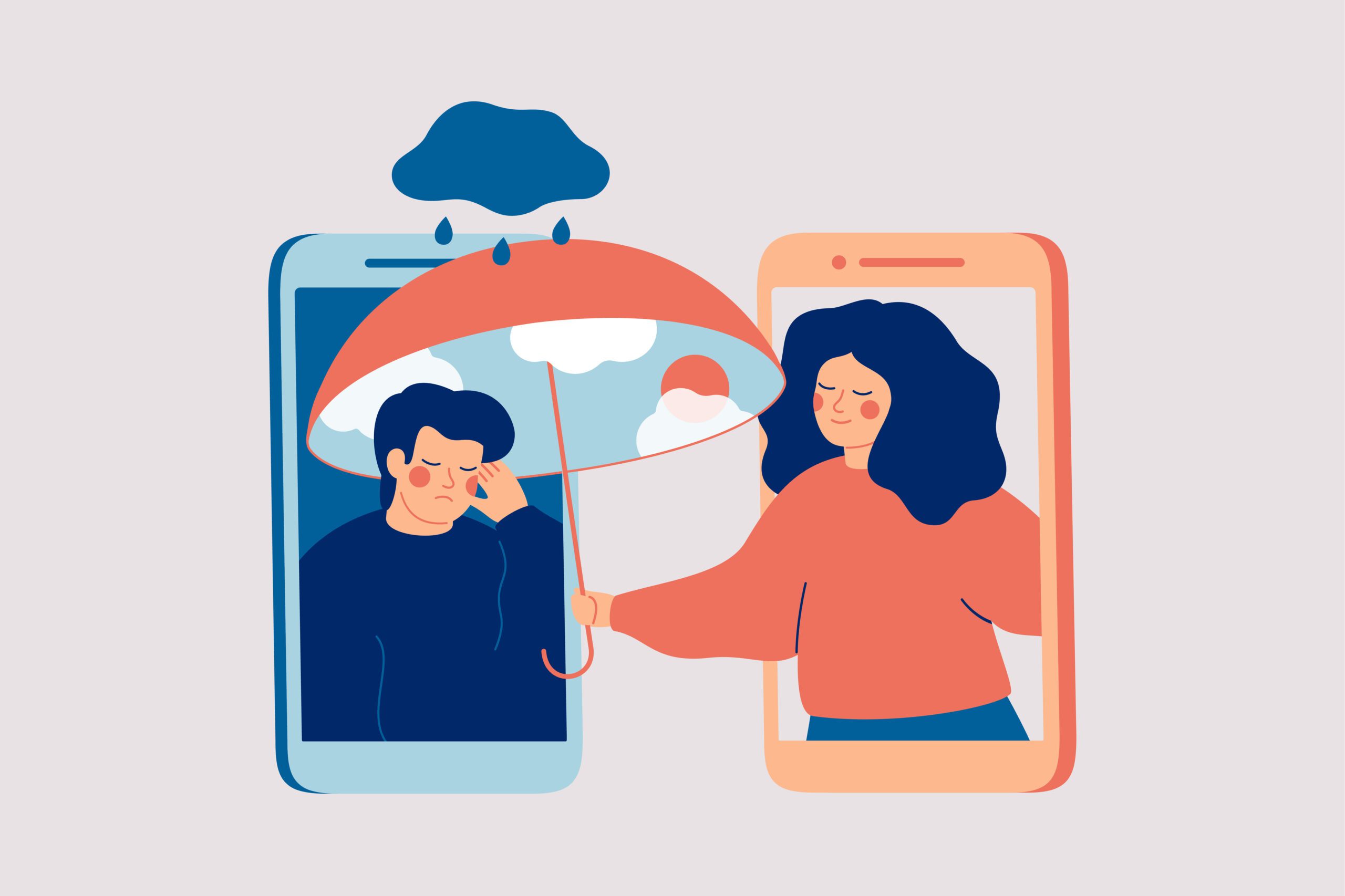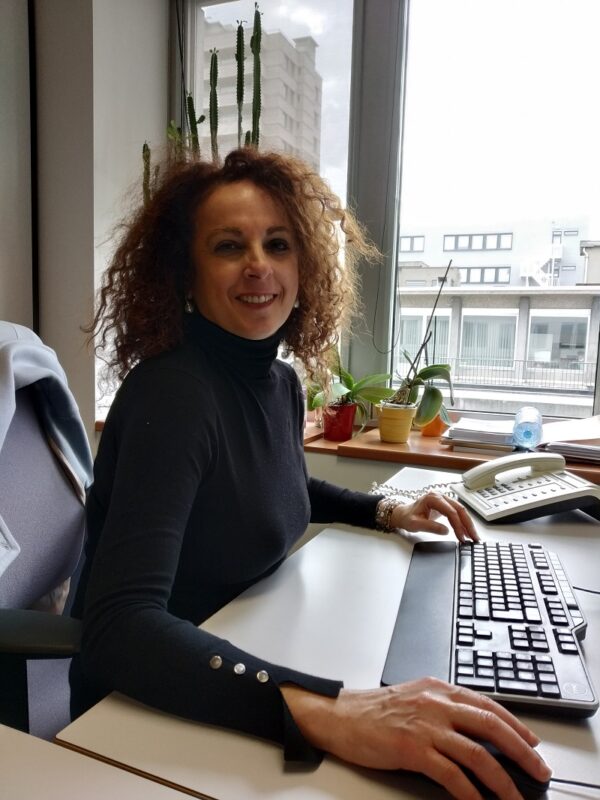As a staff representative I am regularly in contact with colleagues suffering from stressful situations which might have consequences on their mental health. Most of the time I can offer support and advice. At times, the intervention of specialised services (Medical service, psychosocial service, psychologists, psychiatrists) is needed and I re-direct the persons towards these services. I have of a number of tools at my disposal thanks to my previous training experiences (coaching, including systemic coaching, neuro-linguistic programming knowledge of the Staff Regulations and its implementing decisions). To become a Mental Health First Aider was an opportunity for me to develop further my skills in support of staff.
6. What type of skills should a Mental Health First Aider have?
She/he should be able to listen, to express empathy while keeping enough distance from the person’s situation in order not to be emotionally involved. He/she should be aware that they are dealing with sensitive issues and remain as objective as possible. To reassure the person would be key at the preliminary stage. The MHFAider should not deviate from the final objective: to detect any symptoms of illness and to address the person to medical professionals.
7. What does confidentiality mean for a Mental Health First Aider and are there any occasions when it could be broken?
Staff issues are confidential by definition. However, there could be occasions for example when the safety of the person is at risk. In these cases the need for urgent preventive action can justify a breach of confidentiality.
8. What do you do to take care of your own mental health?
I try to channel my energy towards helping people, volunteering, through union activism and social engagement. I take care of my body and do physical activity regularly. I meditate as well, which I find very helpful. I enjoy the moment and what life brings.

